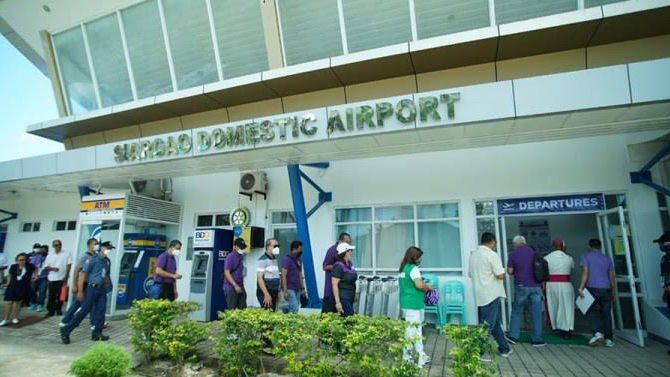The Manila Electric Co. (Meralco) has partnered with the Energy Regulatory Commission (ERC) and the Quezon City local government in launching a tripartite initiative aimed at advancing the widespread adoption of renewable energy (RE) in Metro Manila.
In a joint statement on Tuesday, the parties said the agreement seeks to promote public-private partnerships to support the government’s push to increase the RE share in the country’s power supply mix.
The initiative aims to streamline the processing of net-metering and distributed energy resource (DER) applications and to raise public awareness through the effective dissemination of information on programs and policies supporting RE solutions.
Under the net-metering program, owners of solar power facilities with capacities up to 100 kilowatts peak (kWp) can export excess electricity to the grid in exchange for bill credits, which may come in the form of rebates.
As part of the agreement, Meralco will set up a booth within the Quezon City Hall Compound and assign personnel to handle consultations and process net-metering and DER applications, along with other services provided by the utility.
DER refers to small power generation units that can be installed in households, such as rooftop solar panels, wind turbines, and battery storage systems.
The Quezon City government will handle logistical requirements, while the ERC will provide technical and regulatory expertise to ensure proper implementation of the program.
Meralco is also committed to sharing its knowledge on interconnecting net-metering and DER systems and to providing experts who will serve as resource persons in Quezon City’s information and education campaign.
“Through this agreement with ERC and Meralco, we’re putting systems in place—clear processes, better coordination, and stronger support—so that more stakeholders can take part in our clean energy transition,” said Quezon City Mayor Josefina “Joy” Belmonte.
As of the end of May 2025, the ERC reported that total net-metering end-users nationwide had reached 17,175, equivalent to 157,128.56 kWp in capacity.
Of the total, Luzon accounted for 13,748 users with 113,296.08 kWp capacity; Visayas had 2,687 users with 35,747.46 kWp; and Mindanao had 740 users with 8,085.02 kWp.
In Metro Manila, Quezon City led with 1,398 net-metering customers, benefiting from a more accessible system due to the city’s online submission of permit requirements.





